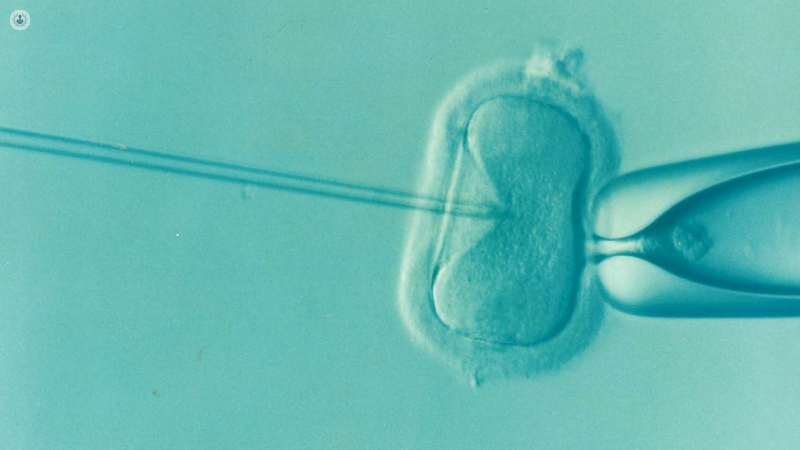

What are fertility tests?
If you have been trying to conceive for over a year but have been unsuccessful, it is recommended to have some tests to determine your fertility. These tests can then indicate whether assisted conception measures will help to achieve pregnancy. Fertility tests are carried out on both women and men.

What do fertility tests consist of?
Fertility tests will usually begin by confirming the following:
- How long you have been trying to conceive for
- Whether or not you have had previous pregnancies, miscarriages or abortions
- How often you have been having unprotected sex
- How long since you stopped contraception
- Your medical history (for women, a history of their menstruation)
- What medications you take
- Your lifestyle
You will also have a thorough physical examination to rule out infections, fibroids or endometriosis. A physical examination of men will rule out any testicle lumps or other physical abnormalities.
Women will undergo the following tests:
- Chlamydia test – this STI can affect fertility and may not show symptoms.
- Blood tests – to assess hormone levels.
- Ultrasound scan – to assess the reproductive system and to check for any abnormalities.
- X-ray – to assess the uterus and fallopian tubes using a contrast fluid to check for any blockages.
Men will have the following tests:
- Chlamydia test – can affect male fertility.
- Semen analysis – to assess sperm count and if they move properly.
Why are fertility tests needed?
Fertility tests are needed to determine why a couple who have tried for at least year to conceive have been unsuccessful.
Preparation for fertility tests:
Depending on the fertility test being carried out, the preparation varies. In each case, the specialist will indicate what care should be taken.
Meaning of abnormal results:
Abnormal results may indicate the following:
- Low sperm count
- Sperm that do not move properly
- Blockage of the fallopian tube
- Endometriosis
- Fibroids
- PCOS ( polycystic ovary syndrome)
- Epididymal blockage (blocked tube in the testicles)
